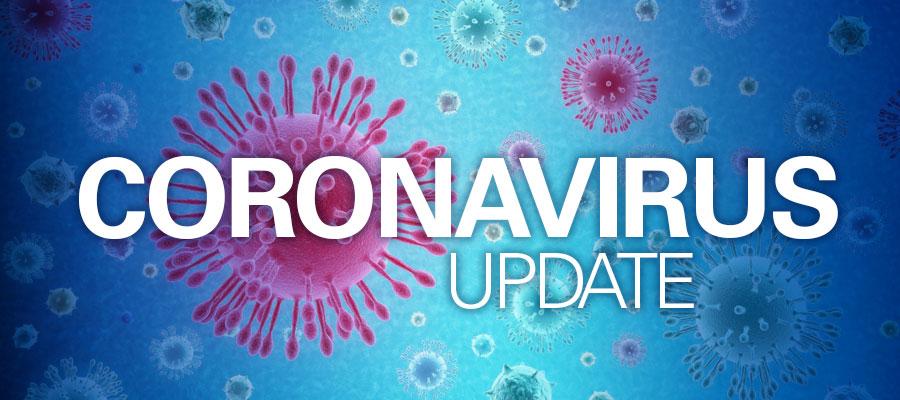Full-dose blood thinners reduce need for organ support in non-ICU hospital patients

Full-dose blood thinner treatments can reduce the need for vital organ support such as ventilation in moderately ill patients hospitalized for COVID-19, according to interim results from a clinical trial announced today by the National Institutes of Health.
The patients were not in intensive care or on organ support when enrolled in the study, which found full doses of heparin were safe and better at reducing the need for ventilation or other organ support than the lower doses normally given to prevent blood clots in hospitalized patients.
The findings complement an earlier study that found routine use of full-dose blood thinners does not benefit COVID-19 patients when started in the intensive care unit. The investigators are working to make the full study results available as soon as possible, NIH said.

